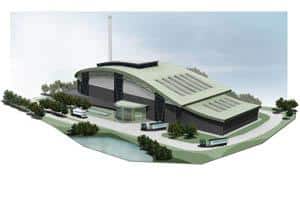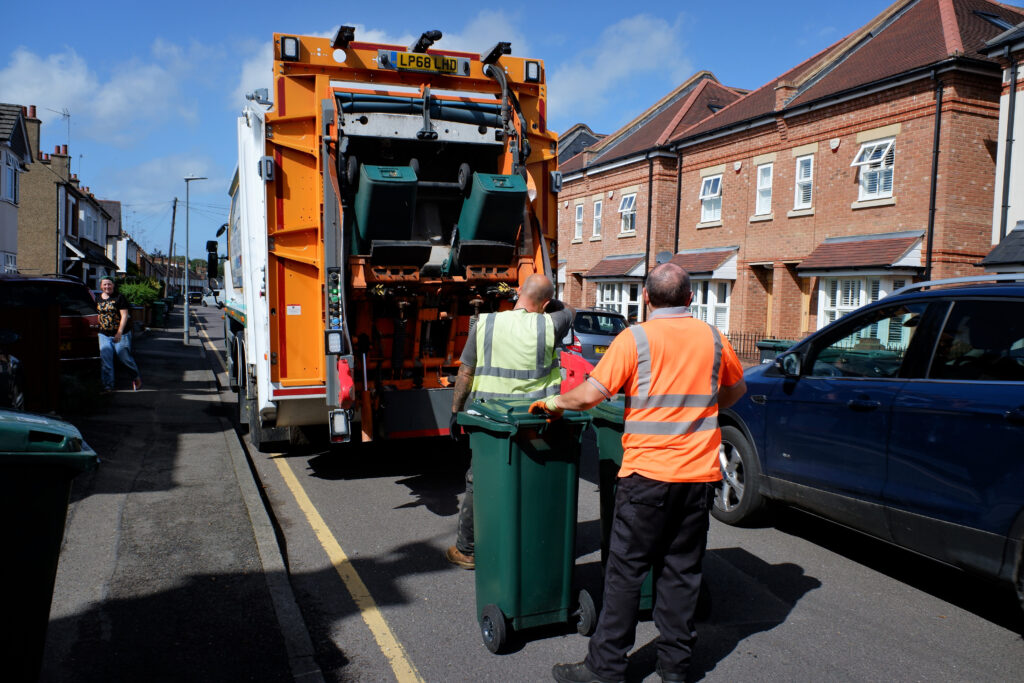The proposals came as the government confirmed that it would carry out a commitment made in the coalition government agreement to scrap the independent Infrastructure Planning Commission which was established by the previous government to speed up the decision-making process for major planning applications.
Of the 42 projects listed on the IPC as having indicated an intention to submit an application, two are for energy-from-waste incineration facilities proposed by US firm Covanta – one in Merthyr Tydfil, South Wales and one in Bedfordshire.
Transition period
With the government requiring primary legislation to abolish the IPC, it said yesterday that the body would continue to consider and determine applications for major infrastructure during a transition period, with the role it plays depending on the sector the application comes from.
If any of relevant proposals are brought forward before the new ‘Major Infrastructure Planning Unit' within the Planning Inspectorate is established, they will be decided by the IPC. But, this will only be the case if the National Policy Statements for Energy, which set the guidelines for the decision-making process, are in place.
In a statement, the department for communities and local government said: “For those applications under active consideration by the Infrastructure Planning Commission when it is abolished, transitional provisions will enable the examination of such applications to continue without interruption, through a seamless transfer to the new Major Infrastructure Planning Unit.
“There is no question of applications having to restart the process and we intend that the statutory timetable for decision-taking will be no longer than the current regime,” it added.
National Policy Statements
The government also said today that all National Policy Statements would now have to be ratified by Parliament, a move that it said would ensure the statements, and the decisions based on them, were as “robust” as possible, reducing the “risk of successful judicial review, particularly by those wishing to abuse the system”.
Despite this additional check, it said it wanted to have the NPS in place “as rapidly as possible”, and aimed to complete the scrutiny process for the NPS for Energy before bringing forward revised final texts for consideration by Parliament.
The government added that, during the transitional period, if an NPS relevant to a planning application was not in place when it reached the decision stage, the IPC would only be able to recommend a decision, with the final call resting with the secretary of state.
It plans to make a more detailed statement on the development of the National Policy Statements, including a revised timetable, later in the summer.
Energy minister
Outlining the benefits of the new approach, energy minister Charles Hendry said: “A fast and efficient planning system is critical for facilitating investment in much needed new energy infrastructure.
“By abolishing the Infrastructure Planning Commission we will ensure that vital energy planning decisions are democratically accountable,” he added.
Response
However, the Renewable Energy Association, which welcoming the confirmation that projects would continue to be fast-tracked, questioned the fact that the proposed system only applied to projects above 50MW.
Gaynor Hartnell, REA chief executive, said: “The vast majority of renewable energy projects are smaller than 50MW, however, and therefore will not benefit directly from these reforms. We need rapid and consistent decision making for projects approved by local authorities under the Town & Country Planning regime that strikes the balance between local accountability and strategic national priorities.”
This echoed sentiments made by the waste sector's trade body the Environmental Services Association which reiiterated its belief that the thresholds for the system were too high to benefits most planning applications for waste facilities.
“ESA notes that the Government's proposals to abolish the Infrastructure Planning Commission (IPC) should be unlikely to impact significantly upon delivery of new waste management infrastructure,” a spokesman said.
“The majority of waste facilities would have been unlikely to meet the IPC thresholds and it is now imperative that any fast track process replacing the IPC is accompanied by an Amending Order to clarify the thresholds of the Planning Act for qualifying waste management infrastructure.
“This will ensure that developers no longer face the uncertainties and delays of the protracted local planning route and are able to bring forward development in the country's much needed waste infrastructure.”









Subscribe for free